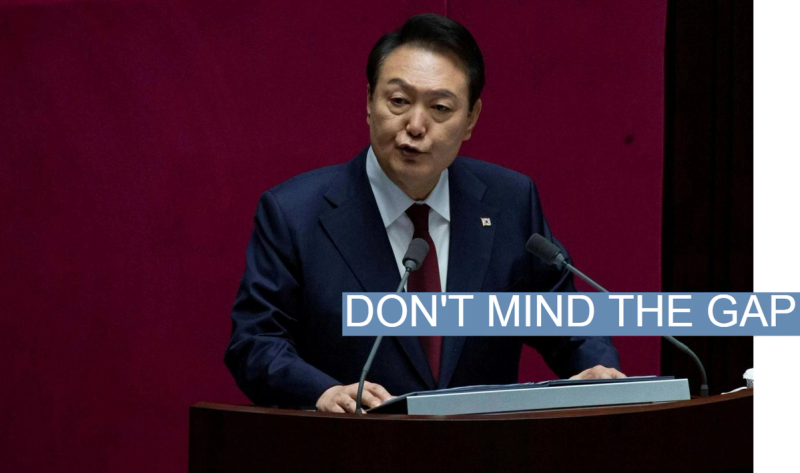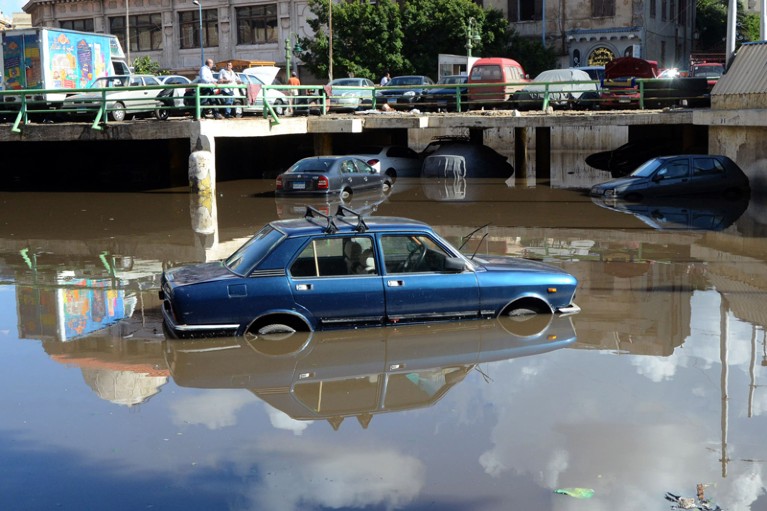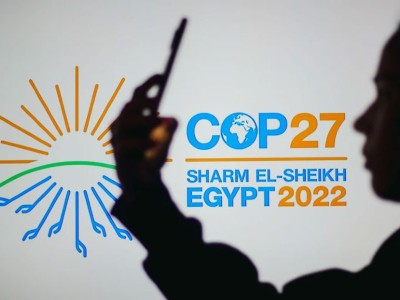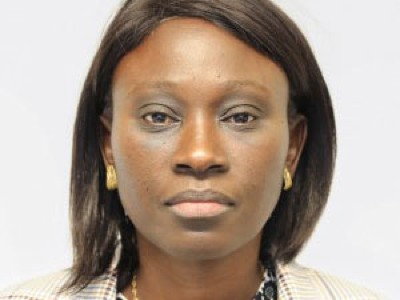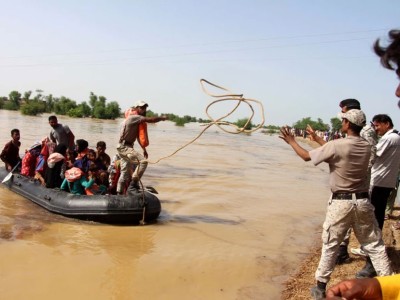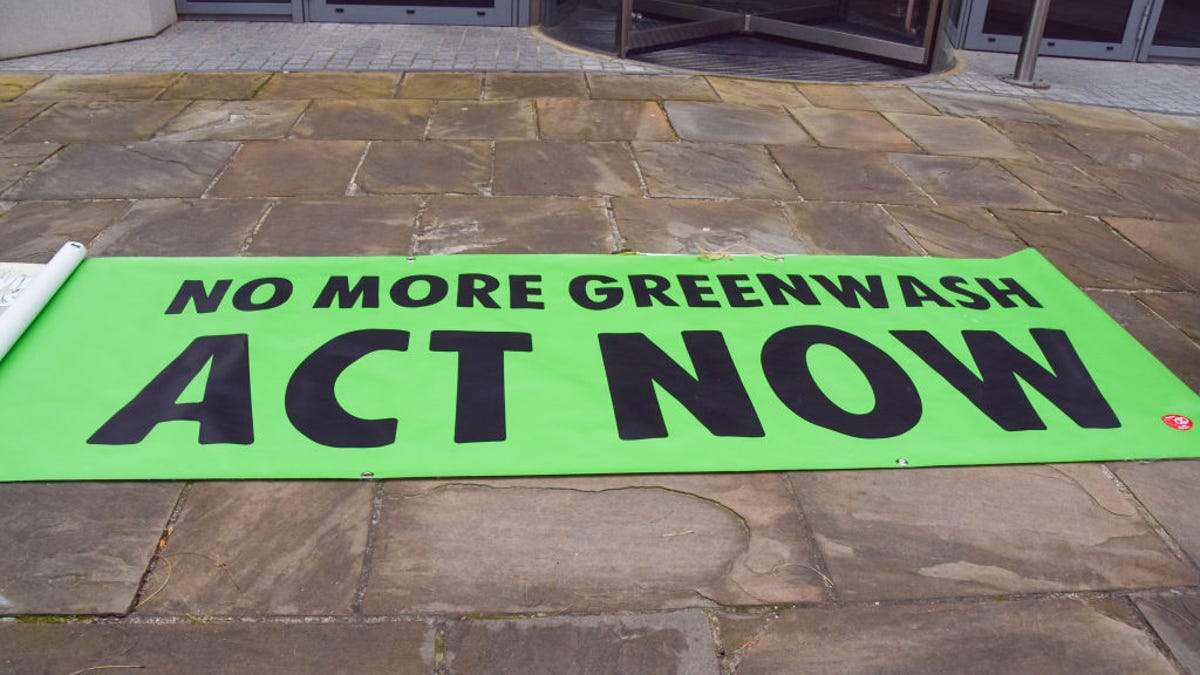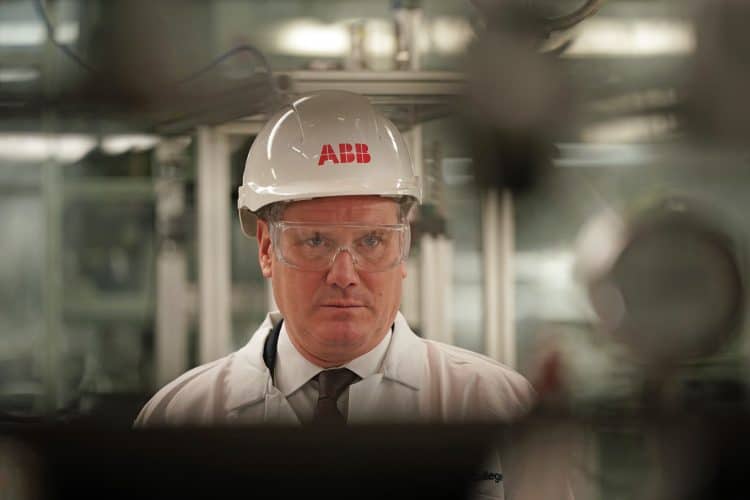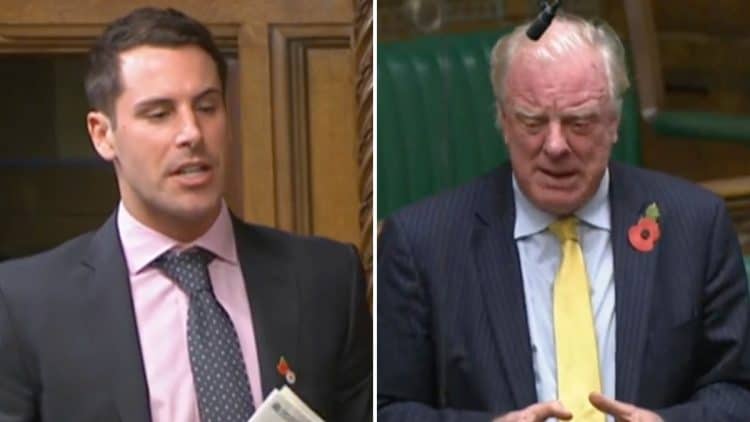Facebook owner Meta to cut more than 11,000 jobs
Facebook's parent company Meta said on Wednesday that it would cut more than 11,000 jobs, reducing the size of its team by about 13% in the first mass layoffs in the firm's history.
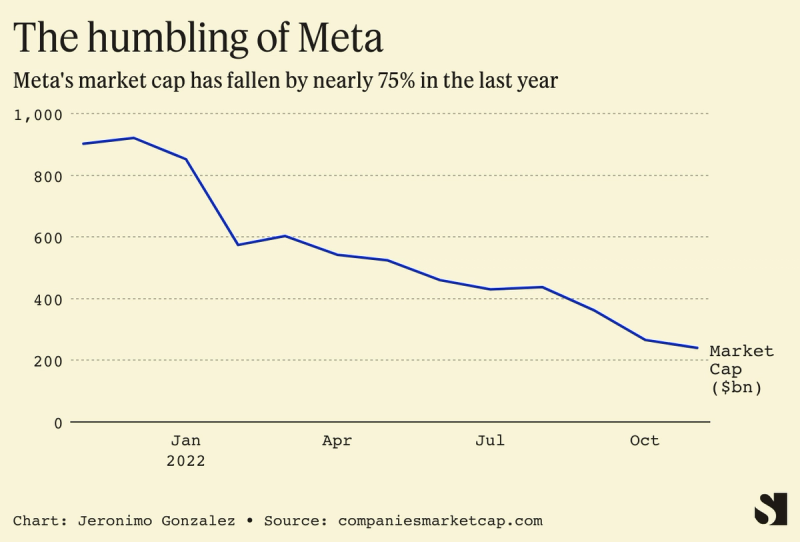
"Today I’m sharing some of the most difficult changes we’ve made in Meta’s history," Chief Executive Mark Zuckerberg said in a message to employees. "I’ve decided to reduce the size of our team by about 13% and let more than 11,000 of our talented employees go."
The sweeping job cuts at Meta — the first in the corporation's 18-year history — follow mass layoffs at Twitter last week under Elon Musk's new leadership and another round of culls at Microsoft in October. Meta also plans to extend its hiring freeze through the first quarter.
Zuckerberg said that he, like others, had predicted the surge of e-commerce at the start of the COVID-19 pandemic was a "permanent acceleration" and as a result increased the company's investments. "I got this wrong, and I take responsibility for that," he wrote, saying that things "did not play out" as he expected and that factors including the economic downturn and growing competition had led to lower-than-expected revenues.
Meta had reported more than 87,000 employees worldwide at the end of September across its different platforms, which include Facebook, Instagram, and WhatsApp.
Shares in Meta rose 5% in pre-market trading on Wednesday, after weeks of concerns among investors about Zuckerberg's big bet on his metaverse virtual-reality project.
The company said every member of staff would soon receive an email explaining what the layoffs meant for them. It also listed some details about the severance pay, health insurance, and immigration support employees could expect in the U.S., adding that support for Meta staff in other countries would be "similar".
"I want to take accountability for these decisions and for how we got here. I know this is tough for everyone, and I’m especially sorry to those impacted," Zuckerberg said.
Mark Zuckerberg says Meta will begin laying people off on Wednesday morning
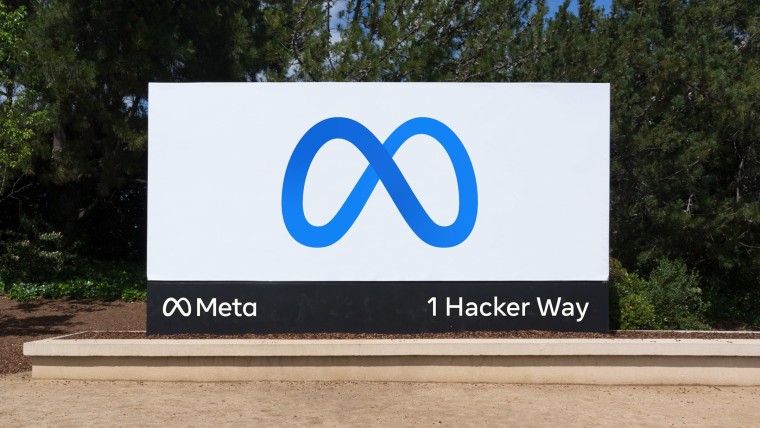
Meta CEO Mark Zuckerberg has announced that the company will begin laying people off from Wednesday morning, according to The Wall Street Journal. According to the news outlet, Mark gave the news to hundreds of executives in a meeting on Tuesday. Meta had more than 87,000 employees at the end of September and the upcoming cuts are said to affect thousands of jobs, though, no concrete figures have been given.
According to people who were at Tuesday’s meeting, Mark seemed to be downcast about the news and held himself responsible for the cuts. He said that he’d been over-optimistic about growth and ended up hiring too many people. Now, given the economic conditions, the company needs to cut thousands of jobs to keep the company’s finances healthy.
To help those affected by the cuts, Meta’s head of human resources, Lori Goler, told the meeting that affected employees will receive four months of salary as severance. This should help people with their living costs as they look for a new job.
Meta will release a general internal announcement about the layoff plans at 6 a.m. Eastern time on Wednesday. Those affected will be informed in the hours following the general internal announcement. According to the report, people in recruiting and business teams are those most likely to be affected.
Wednesday, 9 Nov 2022
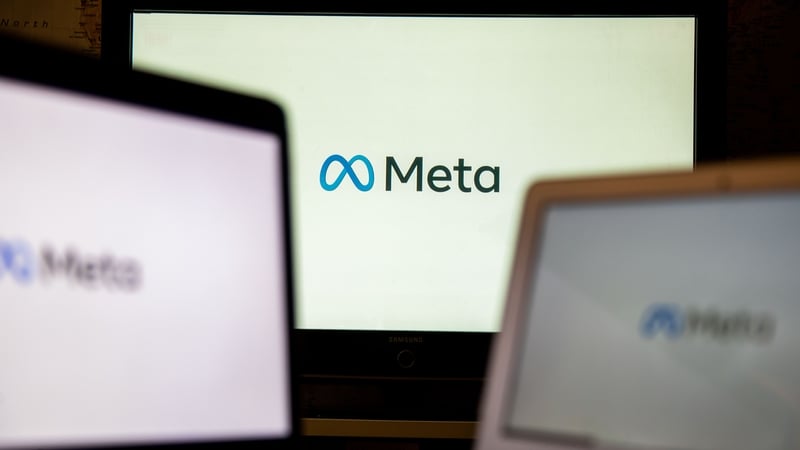
By Brian O'Donovan
Work & Technology Correspondent
Facebook parent company Meta will begin laying off employees today, according to a report in the Wall Street Journal.
It is not yet known how the company's Irish workforce will be impacted.
Around 3,000 people are directly employed by Meta in Ireland and an additional 6,000 people support its operations here.
According to the Wall Street Journal, an internal announcement of Meta's layoff plans is expected around 11am Irish time this morning.
It is not yet known how the cuts will impact the company's Irish workforce - Meta directly employs 3,000 people in Ireland with an additional 6,000 people supporting its operations here
Meta Chief Executive Mark Zuckerberg was said to be downcast at a meeting of executives last night and told them he was accountable for the company's missteps that had led to overstaffing.
Speaking on RTÉ's Prime Time last night, Tánaiste Leo Varadkar said that he is not "unduly concerned" about by the prospect of widespread lay offs in the tech sector, and that while he did not want to downplay the seriousness of anyone losing their job, he believes that Ireland has a very well diversified economy.
